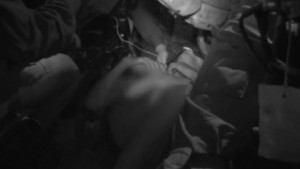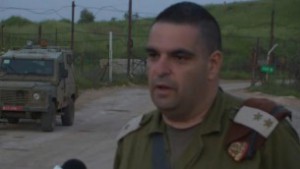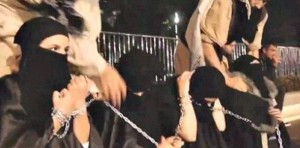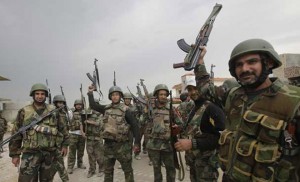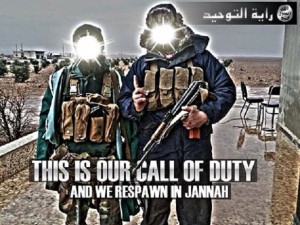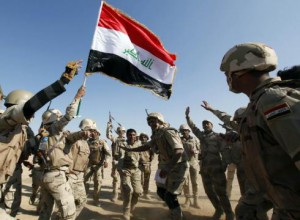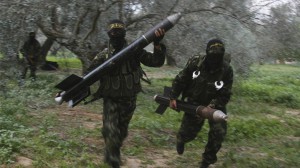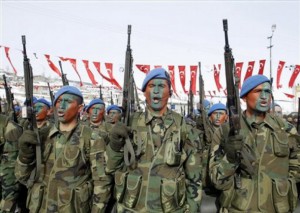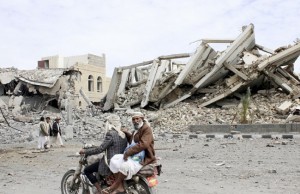The IDF has captured rare footage of military medics performing a life-saving procedure on a severely wounded Syrian rebel in the Golan Heights.
The rebel, who belonged to an unnamed organization fighting against the Assad regime and its allies, was transferred to a secret location along Syria’s border with Israel by rebel forces working in conjunction with the IDF and treated by combat medics of the Givati infantry brigade in the Golan Heights, according to a Saturday report by Ynet.
The Syrian rebel, who was suffering from a gunshot wound to the stomach and shrapnel injuries to much of his body, was in critical condition and was later evacuated to a civilian hospital in the area.
“I have seen a lot of serious injuries in the past, but I have to note that this was one of the most severe injuries I have ever seen,” said Lieutenant Colonel Dr. Itzik Malka, the area’s chief medical officer.
“I am not sure that I would have believed that someone in his condition could have gotten here alive,” the lieutenant colonel said.
Following the surgery, the rebel returned to Syria after an unspecified amount of recovery time, according to the report.
Since start of the civil war in 2011, the IDF has treated an estimated 1,600 non-combatants and anti-Assad rebels.
While incidents like these have become a seemingly daily occurrence for soldiers and medical professionals stationed in the Golan Heights, the brutality of the four-year conflict has said to have affected many close to the situation.
“[Treating the wounded here] has personally affected me deeply… that is very difficult to deal with as a father of two children,” Malka said. “Especially when we treat a severely injured child… we always hope that children can successfully recover from their injuries.”
Although Israel’s treatment of militants from Syria — many of whom are believed to belong to Islamist organizations such as the al-Qaeda affiliated Nusra Front — may seem bizarre given the animosity these types of groups have expressed for the Jewish state in the past, Israel has approached the issue from a humanitarian point of view.
Malka was quick to mention that the majority of those from Syria treated in Israel have been women, children, the elderly and other non-combatants, and insisted that the country is merely playing a humanitarian role in the conflict, even when the wounded are combatants.
“In the past [Syrian rebels treated in Israel] were terrified, but as more and more people return home and talk of their time in Israel and the treatment they received, then that slowly begins to change their opinion [of Israel],” he said.
